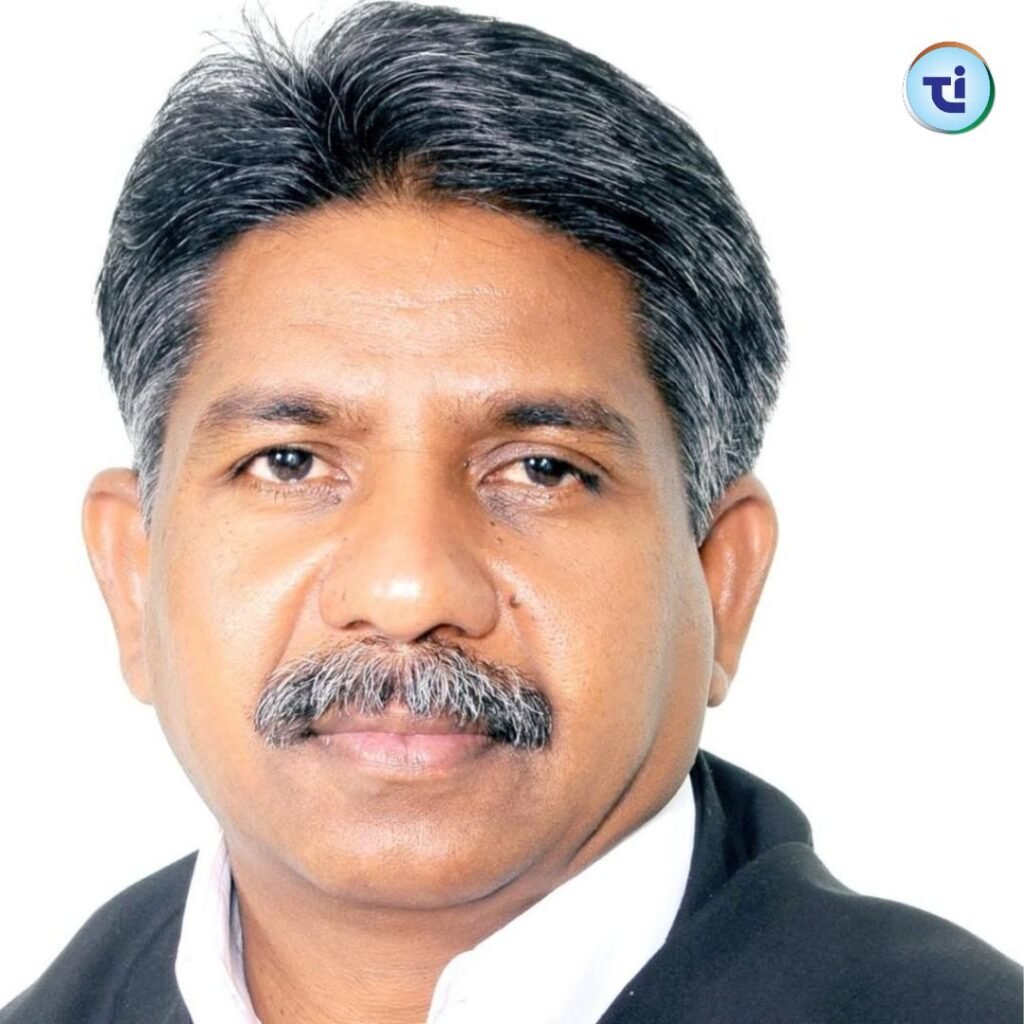The Madiga community is one of the prominent Scheduled Castes in India, primarily found in the southern states such as Andhra Pradesh, Telangana, Karnataka, and Tamil Nadu. Traditionally associated with leatherwork and related occupations, the Madiga community has long faced social marginalization and economic hardships. However, over the decades, they have emerged as a vocal and organized group striving for equality and justice.
Historically, the Madigas were positioned at the lower end of the caste hierarchy and subjected to untouchability. Despite their significant contributions to society through skilled labor, they were excluded from mainstream socio-economic activities. The community was denied access to education, land ownership, and government services, which perpetuated their cycle of poverty.
Post-independence, constitutional safeguards like reservations in education, employment, and political representation were introduced to uplift marginalized communities, including the Madigas. These measures helped many community members access opportunities that were previously out of reach. However, progress has been uneven, and disparities within the Scheduled Castes have led to new challenges.
One of the most notable movements by the community is the Madiga Reservation Porata Samiti (MRPS), founded in the 1990s by Manda Krishna Madiga. The MRPS has been instrumental in demanding categorization of Scheduled Caste reservations to ensure fair distribution among different sub-castes. The movement has gained widespread support and has brought national attention to intra-caste inequalities.
Education has played a transformative role for the Madiga community. Many youths are now pursuing higher studies and entering professions in law, medicine, and civil services. Political awareness has also grown, leading to increased participation in governance and representation in local bodies and legislative assemblies.
Despite these achievements, challenges persist. Discrimination in rural areas, social stigma, and lack of economic resources continue to hinder full integration. Women in the Madiga community face dual marginalization—as Dalits and as females—making targeted interventions essential.
Efforts from civil society, NGOs, and the government are crucial for further empowerment. Skill development programs, financial support for entrepreneurship, and educational scholarships can provide a sustainable path to growth. The media also plays a vital role in reshaping public perception and highlighting the community’s contributions.
In conclusion, the Madiga community journey reflects the broader struggle for social justice in India. Their resilience, activism, and progress offer valuable lessons in empowerment and equity. Continued support and inclusive policies are essential to ensure that the community attains its rightful place in Indian society.







